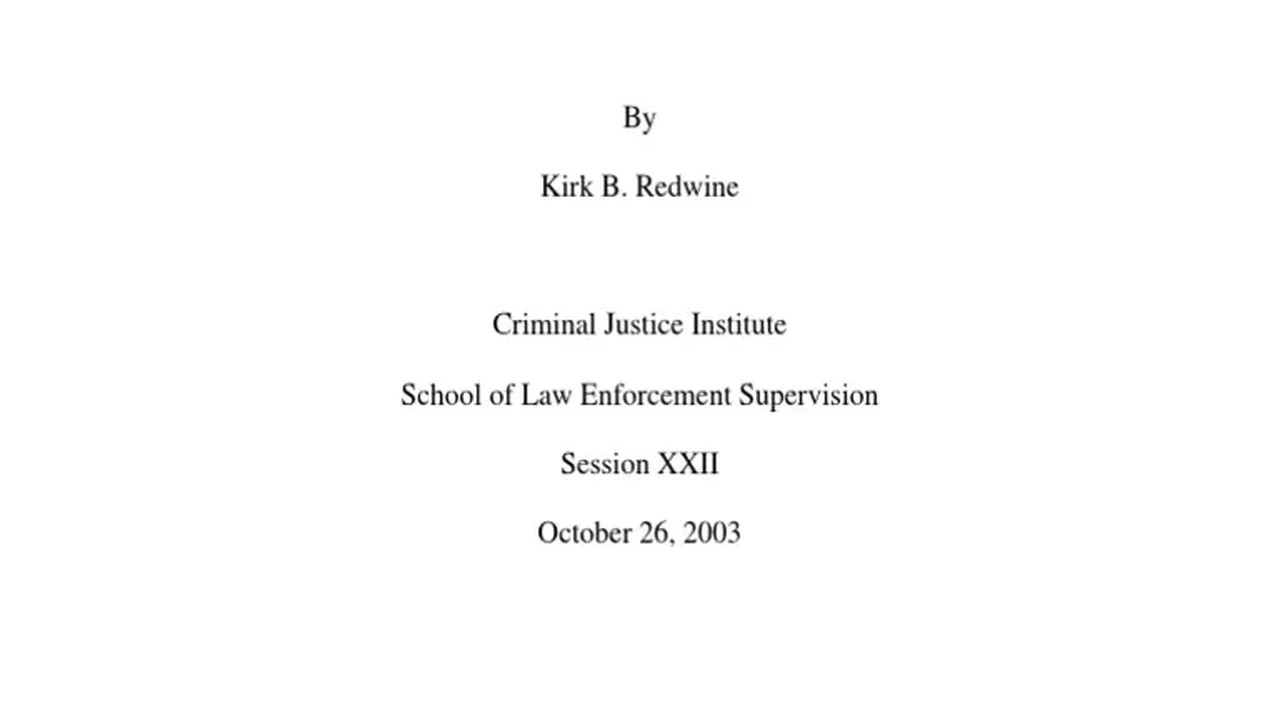How to Challenge a Low Settlement Offer From the Insurance Company

Understanding Why Your Car Insurance Claim Settlement is Low
Okay, so you've been in a car accident, dealt with the stress of the aftermath, and now you're facing a settlement offer from the insurance company that feels like a slap in the face. You're not alone! It's a common frustration, and understanding why this happens is the first step to getting what you deserve. Insurance companies are, after all, businesses. They aim to minimize payouts to protect their bottom line. This means they might undervalue your claim, dispute the extent of your injuries, or even try to blame you for the accident, even if you weren't at fault. Let's break down the common reasons for a low settlement offer:
- Undervalued Damages: They might underestimate the cost of repairing your car, including parts and labor. Get multiple estimates from reputable mechanics to counter this.
- Disputed Medical Expenses: Insurance companies might question the necessity or reasonableness of your medical treatment. Make sure your doctor clearly documents the connection between the accident and your injuries.
- Lost Wages Ignored: If you missed work due to the accident, the insurance company might downplay your lost wages. Provide documentation from your employer proving your earnings and time off.
- Pain and Suffering Underestimated: This is a tricky one because it's subjective. Insurance companies often use formulas to calculate pain and suffering, which might not accurately reflect the impact on your life. Keep a detailed journal of your pain, limitations, and emotional distress.
- Liability Disputes: They might argue you were partially or fully at fault for the accident, reducing or denying your claim. Gather evidence like police reports, witness statements, and photos to prove the other driver's negligence.
Gathering Evidence to Strengthen Your Car Insurance Claim
Building a strong case is crucial. Think of yourself as a detective gathering clues. The more evidence you have, the harder it will be for the insurance company to deny or undervalue your claim. Here's what you need:
- Police Report: This is a vital document that provides an official account of the accident, including who was at fault.
- Photos and Videos: Capture the scene of the accident, damage to all vehicles involved, and any visible injuries.
- Witness Statements: If there were witnesses, get their contact information and ask them to provide written statements about what they saw.
- Medical Records: Obtain all medical records related to your injuries, including doctor's notes, treatment plans, and bills.
- Repair Estimates: Get multiple estimates from reputable auto body shops to accurately assess the cost of repairs.
- Lost Wage Documentation: Provide pay stubs, tax returns, and a letter from your employer verifying your lost wages.
- Personal Journal: Keep a detailed journal of your pain, limitations, and emotional distress. This can be valuable evidence for pain and suffering.
- Expert Opinions: If necessary, consult with experts like accident reconstructionists or medical professionals to strengthen your case.
Crafting a Persuasive Demand Letter for a Fair Car Insurance Settlement
Once you've gathered your evidence, it's time to write a demand letter to the insurance company. This letter is your opportunity to present your case and demand a fair settlement. Here's how to write a persuasive demand letter:
- Clearly State the Facts: Describe the accident in detail, including the date, time, location, and how it happened.
- Establish Liability: Explain why the other driver was at fault and provide evidence to support your claim.
- Document Your Damages: Itemize all your damages, including medical expenses, lost wages, property damage, and pain and suffering.
- Provide Supporting Documentation: Attach copies of all your evidence, such as the police report, medical records, and repair estimates.
- Demand a Specific Settlement Amount: State the amount of money you are demanding to settle your claim. Be realistic but don't be afraid to ask for what you deserve.
- Set a Deadline: Give the insurance company a reasonable deadline to respond to your demand letter.
Example Demand Letter Snippet:
"On October 26, 2023, I was involved in a motor vehicle accident at the intersection of Main Street and Elm Avenue. The other driver, Mr. John Smith, ran a red light and collided with my vehicle, causing significant damage and serious injuries. The police report clearly indicates that Mr. Smith was at fault. As a result of the accident, I sustained whiplash, a concussion, and a fractured wrist. My medical expenses to date total $5,000, and I have lost $2,000 in wages due to my inability to work. I am also experiencing significant pain and suffering as a result of my injuries. Therefore, I demand a settlement of $15,000 to compensate me for my damages. I expect a response to this demand letter within 30 days."
Negotiating with the Car Insurance Adjuster for Maximum Settlement Value
Negotiation is a key part of the settlement process. Don't be afraid to stand your ground and fight for what you deserve. Here are some tips for negotiating with the insurance adjuster:
- Be Prepared: Know your case inside and out and be ready to back up your claims with evidence.
- Be Professional: Maintain a calm and respectful demeanor, even if you're frustrated.
- Don't Accept the First Offer: The first offer is almost always lower than what the insurance company is willing to pay.
- Counteroffer: Respond to the insurance company's offer with a counteroffer that is higher than your initial demand.
- Highlight Your Strengths: Emphasize the strengths of your case, such as clear liability and significant damages.
- Be Willing to Compromise: While you should stand your ground on important issues, be willing to compromise on less significant ones.
- Document Everything: Keep a record of all your communications with the insurance adjuster, including dates, times, and what was discussed.
- Know When to Walk Away: If the insurance company is unwilling to offer a fair settlement, be prepared to walk away and consider other options, such as filing a lawsuit.
Understanding Bad Faith Insurance Practices During Car Accident Claims
Sometimes, insurance companies act in "bad faith," meaning they violate their contractual obligations to you. Recognizing these practices is essential. Here are some examples:
- Unreasonable Delays: Prolonging the claim process without a valid reason.
- Denying a Valid Claim: Refusing to pay a claim that is clearly covered under your policy.
- Underpaying a Claim: Offering a settlement that is significantly lower than the value of your damages.
- Misrepresenting Policy Terms: Twisting the language of your policy to deny or reduce your claim.
- Failure to Investigate: Neglecting to conduct a thorough investigation of your claim.
- Intimidation Tactics: Using aggressive or threatening tactics to pressure you into accepting a low settlement.
If you suspect bad faith, document everything, consult with an attorney, and consider filing a complaint with your state's insurance regulator.
When to Hire a Car Accident Lawyer and What to Expect
Knowing when to hire a lawyer is crucial. Consider it if:
- You've Suffered Serious Injuries: The more severe your injuries, the more complex your case will be.
- Liability is Disputed: If the insurance company is arguing that you were at fault, a lawyer can help you prove otherwise.
- The Insurance Company is Acting in Bad Faith: A lawyer can help you fight back against bad faith insurance practices.
- You're Not Comfortable Negotiating: A lawyer can handle the negotiation process for you.
- The Settlement Offer is Unfair: A lawyer can help you determine the true value of your claim and fight for a fair settlement.
What to expect when hiring a car accident lawyer:
- Free Consultation: Most lawyers offer a free consultation to discuss your case.
- Contingency Fee: Most car accident lawyers work on a contingency fee basis, meaning they only get paid if they win your case.
- Investigation and Evidence Gathering: Your lawyer will investigate your case and gather evidence to support your claim.
- Negotiation with the Insurance Company: Your lawyer will negotiate with the insurance company on your behalf.
- Filing a Lawsuit: If the insurance company is unwilling to offer a fair settlement, your lawyer will file a lawsuit.
- Trial: If necessary, your lawyer will represent you at trial.
Products to Help with Car Accident Recovery & Claim Process
Here are some products that can assist you during the car accident recovery and claim process:
- Dash Cam (Rexing V1P Pro): A dash cam provides video evidence of the accident, which can be invaluable in proving fault.
- Use Case: Capturing the moments leading up to, during, and after an accident.
- Comparison: Rexing V1P Pro offers front and rear recording, while other models like the Garmin Dash Cam 57 offer voice control.
- Price: Approximately $150 - $200.
- Back and Neck Support Pillow (LoveHome Memory Foam Lumbar Support): These pillows can provide comfort and support if you've suffered whiplash or back pain.
- Use Case: Providing ergonomic support while driving or sitting, reducing pain and discomfort.
- Comparison: LoveHome offers adjustable straps, while other brands like ComfiLife offer gel-infused options for cooling.
- Price: Approximately $30 - $50.
- First Aid Kit (First Aid Only All-Purpose First Aid Kit): A well-stocked first aid kit is essential for treating minor injuries at the scene of the accident.
- Use Case: Providing immediate treatment for cuts, scrapes, and burns.
- Comparison: First Aid Only offers a comprehensive kit, while smaller kits like the Johnson & Johnson All-Purpose Portable Compact First Aid Kit are more portable.
- Price: Approximately $20 - $40.
- Voice Recorder (Sony ICD-UX570): A voice recorder can be useful for documenting conversations with the insurance adjuster or witnesses.
- Use Case: Recording conversations for accurate documentation and future reference.
- Comparison: Sony offers long recording times, while other brands like Olympus offer more advanced features like noise cancellation.
- Price: Approximately $50 - $80.
- Document Scanner App (Adobe Scan): Use a scanner app to quickly create digital copies of important documents like medical bills and repair estimates.
- Use Case: Easily digitizing and organizing important documents related to your claim.
- Comparison: Adobe Scan is user-friendly, while other apps like CamScanner offer more advanced features like OCR (Optical Character Recognition).
- Price: Free (with optional paid subscription for advanced features).
Navigating the Legal Process After a Car Accident
If negotiations fail, you may need to file a lawsuit. Here's a simplified overview:
- Filing a Complaint: Your lawyer will file a complaint with the court, outlining your claim.
- Serving the Defendant: The defendant (the other driver or their insurance company) will be served with the complaint.
- Answer: The defendant will file an answer, responding to your complaint.
- Discovery: Both sides will exchange information through interrogatories, depositions, and document requests.
- Mediation: An attempt to settle the case outside of court with the help of a neutral mediator.
- Trial: If mediation fails, the case will proceed to trial, where a judge or jury will decide the outcome.
Remember, this is a simplified overview. The legal process can be complex, so it's important to have a lawyer on your side.
Frequently Asked Questions About Car Insurance Claims
Here are some common questions people have about car insurance claims:
- How long do I have to file a claim? State laws vary, but generally, you have a limited time to file a claim. Check your state's statute of limitations.
- What if the other driver doesn't have insurance? You may be able to file a claim under your own uninsured motorist coverage.
- What if I was partially at fault for the accident? Your settlement may be reduced based on your percentage of fault.
- Do I have to give a recorded statement to the insurance company? You are generally not required to give a recorded statement. Consult with an attorney before doing so.
- How long does it take to settle a car accident claim? The time it takes to settle a claim varies depending on the complexity of the case.
Dealing with a car accident and the subsequent insurance claim can be overwhelming. Remember to stay informed, gather evidence, and don't be afraid to advocate for yourself. If you're unsure about anything, consult with a qualified attorney.
:max_bytes(150000):strip_icc()/277019-baked-pork-chops-with-cream-of-mushroom-soup-DDMFS-beauty-4x3-BG-7505-5762b731cf30447d9cbbbbbf387beafa.jpg)






